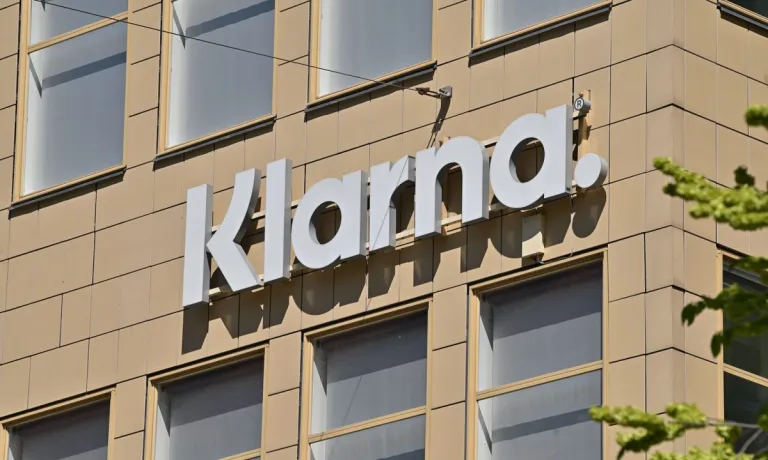Klarna, the Swedish buy now, pay later (BNPL) giant, is reportedly just days away from filing for its highly anticipated initial public offering (IPO), aiming to raise at least $1 billion. According to Bloomberg, the company could go public on the New York Stock Exchange (NYSE) as soon as next week, with pricing expected in early April. If successful, Klarna’s valuation will surpass $15 billion—an impressive rebound from its $6.7 billion valuation in 2022 and a testament to the resilience of fintech amid shifting market conditions.

A Comeback for Fintech IPOs?
Klarna’s public debut could mark a turning point for the tech IPO market, which has seen a prolonged slump in recent years. The company confidentially filed with the U.S. Securities and Exchange Commission (SEC) in November 2023, positioning itself among a growing list of fintech firms looking to tap into public markets. Rivals like Chime and Zilch are also planning IPOs this year, potentially signaling a broader resurgence in fintech investment.
At the heart of Klarna’s success is its ability to adapt to consumer spending trends. As inflation and economic uncertainty push more people toward flexible payment solutions, Klarna’s BNPL model has remained popular across all income brackets. Recent research from PYMNTS Intelligence suggests that installment plans are no longer just a lifeline for the financially strapped but also a strategic tool for budget-conscious consumers who want to preserve liquidity.
From Skype to Klarna: The Wizards Behind the Scenes
But Klarna’s journey is more than just a fintech success story—it’s part of a larger narrative about European tech reinvention. As discussed in Skype Out: A Tech Tale of Glory and the Graveyard, the sale of Skype in 2005 sent ripple effects through the startup ecosystem. Niklas Zennström and Janus Friis, the masterminds behind Skype, cashed out early, but their impact didn’t stop there. Their wealth was funneled into a new generation of tech companies, including Klarna and mobile gaming giant Supercell (yes, Clash of Clans owes part of its existence to Skype’s success).
This reinvestment played a crucial role in shaping Europe’s modern tech scene, fueling ambitious projects that have since become household names. Klarna, in particular, benefited from this capital infusion, allowing it to scale rapidly and establish itself as a dominant force in the BNPL space. Now, nearly two decades after Skype’s rise, Klarna is carrying the torch forward, proving that European tech can compete—and thrive—on the global stage.
A Consolidation Wave on the Horizon?
While Klarna prepares for its IPO, its CEO, Sebastian Siemiątkowski, has been vocal about a potential shift in the software-as-a-service (SaaS) landscape. In a recent post on X, he hinted at a consolidation wave, driven by companies embracing artificial intelligence (AI). Klarna itself has streamlined its tech stack, eliminating reliance on roughly 1,200 SaaS suppliers in favor of in-house solutions.
Siemiatkowski’s prediction suggests that we could see fewer—but stronger—SaaS firms emerge as AI reshapes enterprise software. This echoes a broader trend of tech companies reevaluating their dependencies, a theme that also played out in Skype’s history when it pivoted away from its early reliance on external infrastructure.
What’s Next for Klarna?
As Klarna gears up for its public debut, its trajectory reflects both resilience and reinvention—qualities that have long defined European tech pioneers. If its IPO succeeds, it could unlock fresh capital for further expansion, potentially setting the stage for the next fintech revolution. And just like Skype before it, Klarna’s journey could inspire the next generation of disruptors to push boundaries, take risks, and redefine the future of finance.
Whether this IPO will spark a broader fintech revival remains to be seen, but one thing is clear: the wizards behind Skype helped build a legacy that is far from over.
